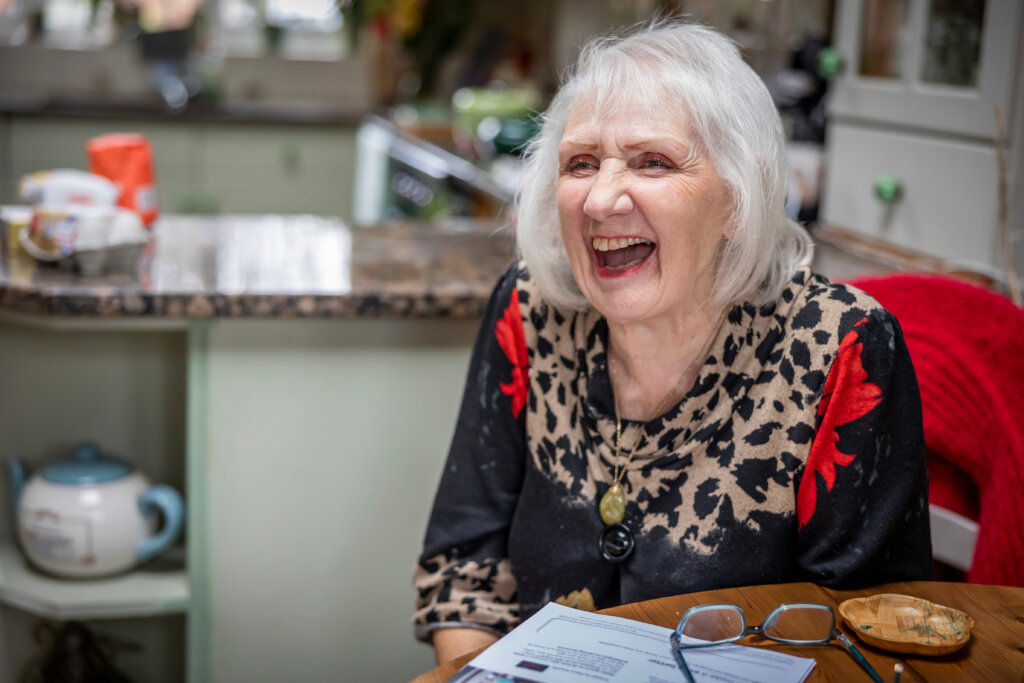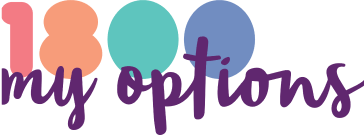
Women's independence in social context
Studies into what helps people to live with independence and autonomy have found these themes are most common:
- The ability to do things alone
- Avoiding reliance on others and not feeling dependent on them
- Having opportunities to socialise, seek company and have a sense of belonging
- Knowing there is help available if needed
- Taking part in meaningful activities
- Being able to live in one’s own home
- Making decisions and having self determination
- Having a strong physical and mental capacity

It is clear from this list that rather than meaning being alone, being independent can make it easier to be part of our community and society. Having independence means not being isolated, being able to enjoy the company of people we care about, to ask for help when we need it, and to join in on activities that bring meaning and joy to our lives.
It also means that we are supported by a society that values us and provides us with the healthcare and services we need.
In her book Time Of Our Lives: Celebrating Older Women, Australian author Maggie Kirkman suggests that it is more helpful to think about us needing interdependence over independence: that all human beings need others and are needed, and we feel valued when we are connected to each other through these bonds. Too often ageism creates the idea that as we become older, we no longer have anything valuable to offer to society.
And as the recent ABC TV series Old People’s Home for Four-Year-Olds and Old People’s Home for Teenagers showed, the lives of older people and young children and teens were improved by spending time together. In these shows, aged care residents were brought together with preschoolers or teenagers to spend time getting to know each other and taking part in activities.
The intergenerational relationships that grew out of these programs improved the mental and physical health of the aged care residents – and the teenage participants in particular, another group in our society that is often misunderstood.
The UN recently highlighted the importance of everyone, especially older women, having freedom and choice in their daily lives. This freedom ensures everyone gets to live with respect and full access to their rights. Older women can face extra challenges. These challenges can come from people treating them differently because of their age or gender. This can affect choices on issues like housing, money, and healthcare.
For this reason, it’s crucial that the opinions of older women are always included when big decisions are made about our society. In Australia, the National Older Women’s Network and its local groups work to support and stand up for older women’s rights.
If you’re interested, watch this video to learn more about their efforts and find out how you can get involved.
AMS (2019) Prevention of falls and fractures. Australian Menopause Society, Melbourne.
Australian Human Rights Commission (2019) Older women’s risk of homelessness: background paper. AHRC, Sydney.
Feldman S, Radermacher H (2019) Vital conversations: giving older women in greater Melbourne a voice. Lord Mayor’s Charitable Foundation, Melbourne.
Field et al (2017) Walking up to one hour per week maintains mobility as older women age: findings from an Australian Longitudinal Study. Journal of Aging And Physical Activity. 25(2): 269–276.
Hillcoat-Nalletamby S (2014). The Meaning of Independence for Older People in Different Residential settings. The Journals of Gerontology.
Kirkman, Maggie (2023) Time of Our Lives: Celebrating Older Women. Monash University Publishing, Melbourne.
Kwok W, Dolja-Gore X, Khalatbari-Soltani S, et al. (2022) 488 Falls and physical activity in older Australian women from two different generations. Injury Prevention. 28: A74.
OPA Vic (2023) Your rights. Office of the Public Advocate Victoria, Melbourne.
OWNNSW (2023) Financial security and economic empowerment: older women are being left behind. Older Women’s Network NSW. Sydney.
Oxley J, Logan D, Coxon S, Koppel S (2022) Understanding current and future transport needs of older Australian drivers to guide development of sustainable and smart initiatives to support safe mobility of older adults. Sustainability. 14(10): 5906.
Pachana N, Leung J, Gardiner P, McLaughlin D. (2016) Moderating effects of social engagement on driving cessation in older women. International Psychogeriatrics. 28(8): 1237-1244.
Patterson, K (2021) National Summit on Women’s Safety: Safety and Security for Older Women. Australian Human Rights Commission.
Petersen M, Winterton R, Warburton J, Wilson J (2022) Negotiating the care convoys for a diverse group of older Australians living in rural communities: a large qualitative study. Ageing And Society. 2022 (): 1–21.
Russell S (2020) Financial abuse already hurts older people, especially women, the economic downturn now heightens the risk. Women’s Agenda. (Jun 14): 1 webpage.
Thredgold C et al. (2019) An effective homelessness services system for older Australians. Australian Housing and Urban Research Institute Limited, Melbourne. – (AHURI Final Report; 332).
United Nations (2021) A/76/157: Human rights of older women: the intersection between ageing and gender. United Nations,
WGEA (2020) Women’s economic security in retirement: insight paper. Women’s Gender Equality Agency, Sydney.
White G, Cevik M, Maglen K (2020) The system is failing older women: we need specialist services. Parity. 33(9): 27–28.
Women and Money (2023) Women’s experience with the financial sector. WIRE. Melbourne.





